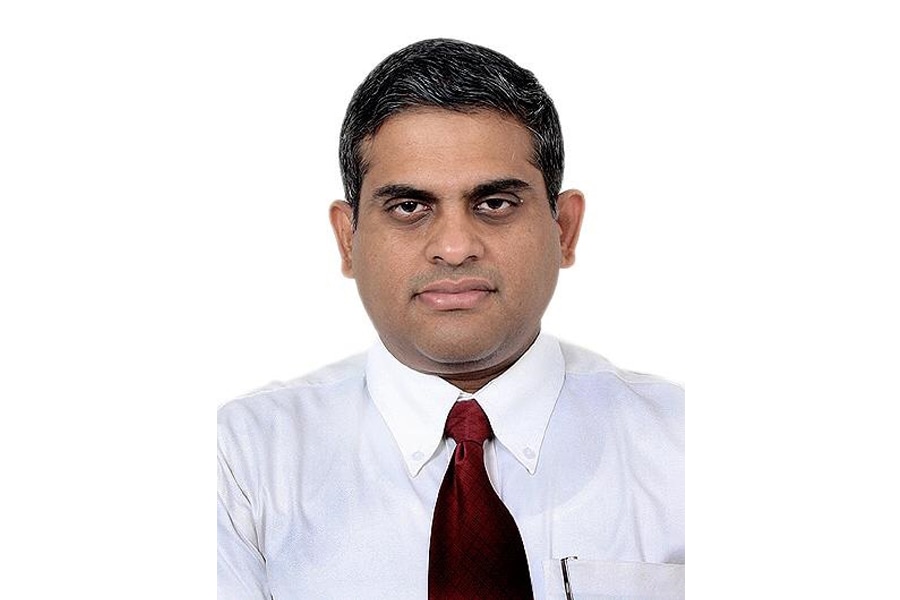
Opinion: A guide to living with reduced kidney function
Dr. Arun K N, MD, DM, Chief Nephrologist and Transplant Physician, Bhagwan Mahaveer Jain Hospital, Bangalore
 Chronic Kidney Disease (CKD) is a long-term condition where the kidneys don't work as well as they should. An individual's physical, emotional, social, and spiritual well-being can all be impacted by a diagnosis of chronic kidney disease. People react differently when they are informed that they have kidney illness. Living with a chronic condition that will affect you for the rest of your life can be challenging. Taking prescribed medicine, being physically active and eating well will help.
Chronic Kidney Disease (CKD) is a long-term condition where the kidneys don't work as well as they should. An individual's physical, emotional, social, and spiritual well-being can all be impacted by a diagnosis of chronic kidney disease. People react differently when they are informed that they have kidney illness. Living with a chronic condition that will affect you for the rest of your life can be challenging. Taking prescribed medicine, being physically active and eating well will help.
Take Your Medicine
Some medications are made to guard against life-threatening issues in the future. It’s very important that you take any prescribed medicine, even if you feel well.
If you want to take any painkillers or dietary supplements, consult your care team first. Sometimes, these can harm your kidneys or interact with your medication. Speak with your care team if you have questions or adverse effects from a medication you are taking. It's also advisable to read the medication's information booklet about possible interactions with additional drugs or dietary supplements.
Get Physically Active
Physical activity is good for anyone with kidney disease, whether you have mild, moderate, or severe CKD. It can give you more energy, improve your sleep, strengthen your bones, and protect against depression. Additionally, it might lower your chance of issues like heart disease.




